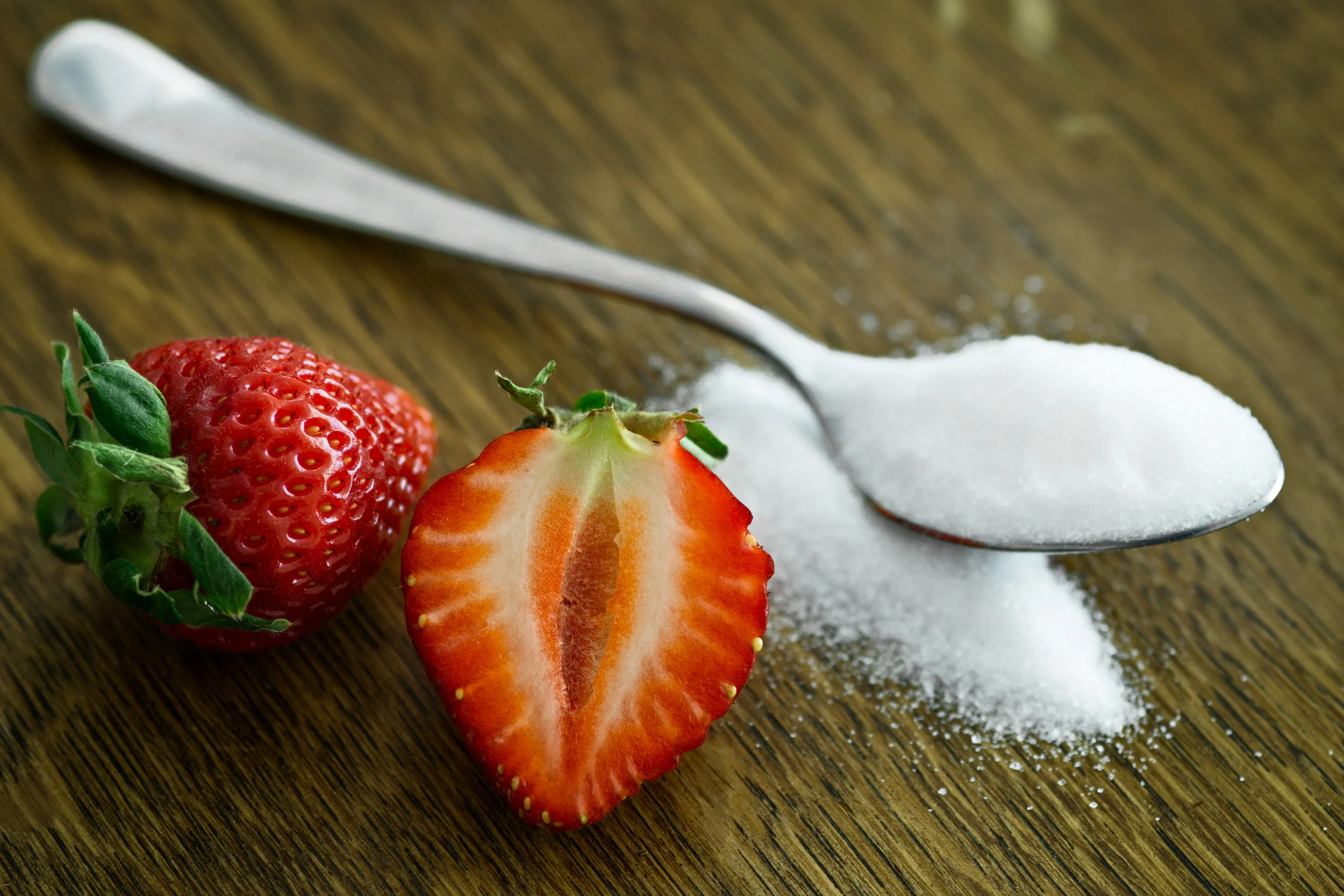Reward Signals
A very popular study has made several rounds in the mainstream media over the years comparing sugar's effect on the brain to cocaine's. [1] The study looked at the brain's dopamine response to hitting a lever for a food reward vs hitting a lever that would administer a dose of cocaine in rats. (Dopamine is a neurotransmitter that works in the reward center of the brain. Dopamine increases when we enjoy something.) The conclusion of the study was that a food reward triggered a dopamine response in a similar fashion to cocaine.
With this information in hand, news outlets started reporting that sugar was as addictive as cocaine. Never mind the fact that the food rewards resulted in a 37% increase in dopamine levels in comparison to cocaine's five-fold increase. Cocaine provided a thirteen-times more powerful dopamine response than the food reward.
Sugar Binges
Another thing people often point to is that studies show rats will binge on sugar after periods of time when they don't have access to sugar. [2] The issue here is that in the real world, people don't have a lab technician monitoring them every moment of the day and telling them when they can and can't have sugar. In addition to that fact, another study showed rats only binged when they were only given intermittent access. They did not exhibit binging behavior when allowed unlimited access to sugar. [3] If anything, I would consider the first study to be a strong case in favor of moderation of sugary foods rather than abstinence from them.
Cravings vs Addiction
Cravings and addiction can appear very similar so let me give you a practical example to distinguish the two. Let's say you were craving a piece of chocolate cake. If you then eat a large meal that causes you to be uncomfortably full, you will most likely no longer want the cake. This is a craving, not an addiction.
Something unique to addiction is the seeking out of addictive substances even if they cause immediate harm. Studies conducted in rats looked at their response to drugs vs sugary food when a chemical agent inducing nausea was introduced to each. The rats continued to self-administer drugs even if it made them sick, but the rats avoided the sugary food that made them sick. [4] Think about it this way. If I infused syrup of ipecac into your donuts, you'd probably never eat donuts again, meaning they aren't addictive. (If you don't know what syrup of ipecac is and have five minutes to spare, you can search it on YouTube. You will either be very amused or very disgusted. You've been warned.)
Sugar vs Sugary Foods
If sugar really is addictive, that means the more sugar in a particular food item the better, right? Wrong. Let's reuse the cake example from earlier. If I take a cake and put a lot of sugar in it, it would probably taste really good. Now let's say I keep adding sugar to it. It would get better to a certain point, but then it would start tasting worse until it got to the point that you wouldn't even eat it if you'd been craving cake all day.
There was a study that looked at this idea way back in 1939. The researchers gave rats access to distilled water and sugar water. They continually increased the concentration of sugar in the water. As the researchers added sugar, the rats started to prefer the sugar water over the distilled; however, after the concentration of sugar got very high, the rats didn't want the sugar water and instead preferred the distilled water again. [5] If sugar was addictive, the trend of the rats preference toward the sugar water would have continued indefinitely as more and more sugar was added.
Takeaway
The real conclusion here is that sugary foods are super tasty and we love them, but they aren't addictive. If sugar was addictive, you'd see people hoarding bags of pure cane sugar and shoveling it into their mouths. This simply isn't the case.
This article was written as a follow-up to my youtube video about the truth behind sugar intake and fat loss. Click here to watch the video.
Thank you so much for reading! If you found this information helpful and think others will benefit from it as well, please give this article a share on Facebook. It helps us out more than you know. If you like what I have to say, sign up below to become a Treadaway Training insider and never miss a post or video. I will be back next week with another fat loss topic. As always, God bless you AND your family and I'll see you next week.
References:
[1] Hernandez, L., Hoebel, B. G. (1988) Food reward and cocaine increase extracellular dopamine in the nucleus accumbens as measured by microdialysis. Life Sciences, 42(18), 1705-1712. http://dx.doi.org/10.1016/0024-3205(88)90036-7
[2] Avena, N. M., Rada, P., & Hoebel, B. G. (2008). Evidence for sugar addiction: Behavioral and neurochemical effects of intermittent, excessive sugar intake. Neuroscience and Biobehavioral Reviews, 32(1), 20–39. http://doi.org/10.1016/j.neubiorev.2007.04.019
[3-4] Westwater, M. L., Fletcher, P. C., & Ziauddeen, H. (2016). Sugar addiction: the state of the science. European Journal of Nutrition, 55(Suppl 2), 55–69. http://doi.org/10.1007/s00394-016-1229-6
[5] Richter, C. P., Campbell, K. H. (1939) SUCROSE TASTE THRESHOLDS OF RATS AND HUMANS. American Physiological Society https://doi.org/10.1152/ajplegacy.1939.128.2.291



